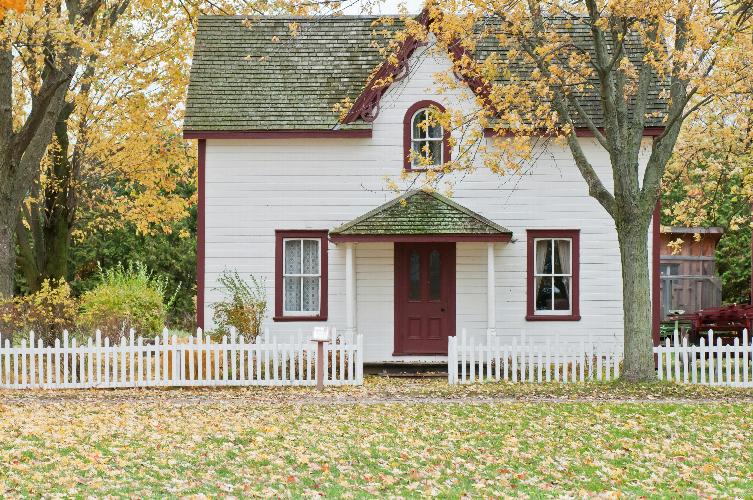Unlike a Will Trust which is set up on the death of the testator, i.e. the person making the Will, a Property Trust can be set up in life where the home of a person is transferred into the names of the Trustees specified under the Trust instrument. If completed correctly, it is a legally binding document and the Trust will also list the eventual beneficiaries and responsibilities of the Trustees and life tenant. The life tenant is the person who previously owned the property.
This type of Trust is the only option should there be just one remaining spouse. If there are two, it is often preferable to draft Will Trusts where the 50% of the first spouse to pass away, would be transferred into the Trust and the survivor would have a lifetime interest in the share. This means that the survivor cannot be forced out of their home and provides certainty for them.
A Property Trust also provides the settlor, i.e. the person making the Trust, to prepare a letter of wishes, in the letter they specify how they would wish the Trust to be administered. Whilst this letter is not legally binding, it should be followed by the Trustees who are usually adult children. However, for any wish to be legally binding, it should be included within the body of the Trust instrument itself.
It is very important to understand that if a company states within their literature that a Property Trust will guarantee the avoidance of care fees, their claim is false and careful consideration is necessary. In a nutshell, where the home is completely owned by the surviving spouse , no such guarantee should be made.
The idea behind such Property Trusts is clear. If care is required, the local authority will conduct a means test to ascertain if the person is able to pay for their care. In the normal scheme of things a property would be considered as an asset and potentially accessible to pay for care. However if property has been placed into Trust, the legal ownership rests away from the homeowner and in the Trust itself.
The reason why such an arrangement cannot guarantee the avoidance of care fees, lies in the principle of deprivation of assets. If the local authority consider that placing a home into a Property Trust is a deprivation of assets, in other words it was arranged to avoid care fees, they are likely to challenge it. And the law is clear, it does not have to be the reason for the setting up the Trust, it need only be a reason amongst others.
Many of these Property Trusts can cost several thousand pounds and may become redundant if successfully challenged by the local authority. The property would again become the asset of the homeowner and a substantial amount of money wasted. One of the overriding principles with regards to any challenge is if care was foreseeable when the Property Trust was set up. If it was, the local authority would have a strong case, but if the homeowner was fit and well when the Trust was set up, the local authority is far less likely to challenge the arrangement.
It is therefore very important to take advice from a specialist before embarking on such a costly and potentially pointless exercise. Rose & Trust of Bristol are experts in this field of law and we will provide a structured assessment of the personal circumstances of a client, so an informed decision can be made. Contact us to find out more about Property Trusts in Bristol.
